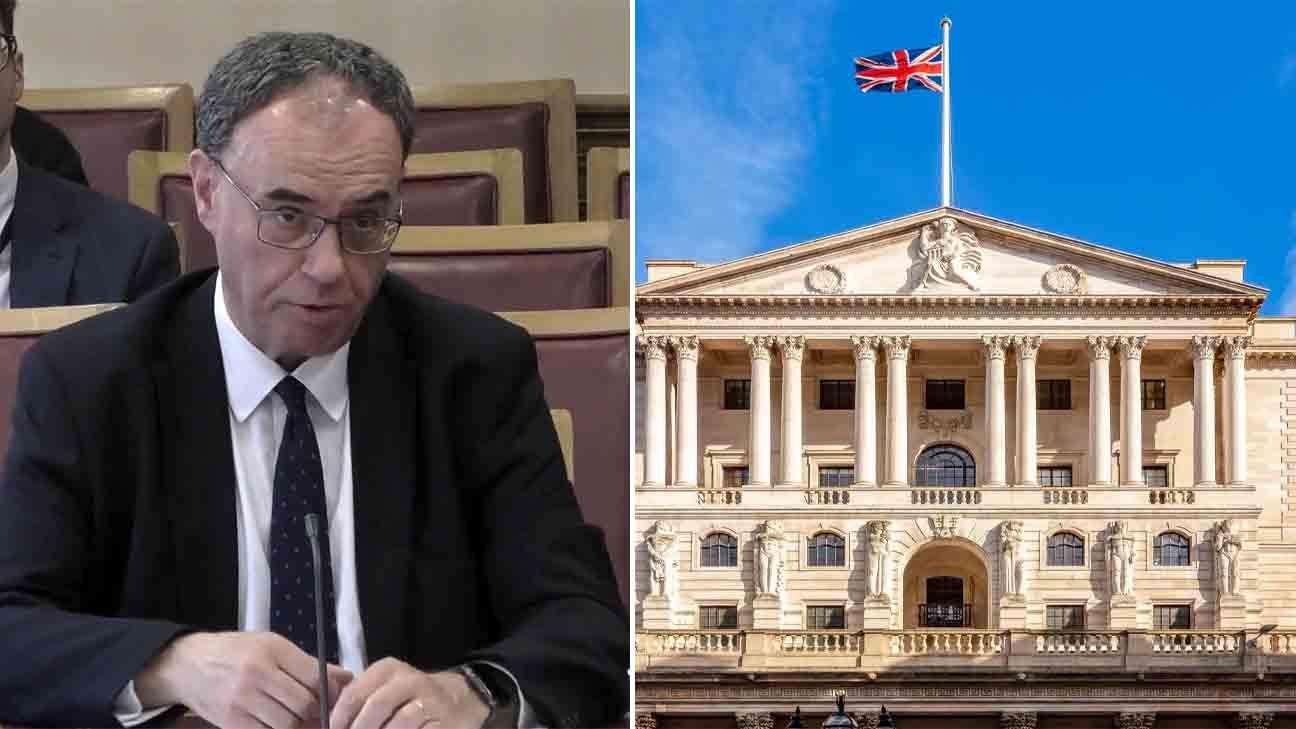The Bank of England governor has urged caution against “exaggerating” the impact of rising UK long-term borrowing costs, stressing that the recent surge is largely a global phenomenon.
Andrew Bailey told MPs that despite 30-year bond yields climbing to their highest level in 27 years, the Treasury has continued borrowing at the same rates as earlier in the year, thanks to a shift towards five- and 10-year borrowing. He said commentators should avoid “over-focusing” on the 30-year figure, which is not being used to fund government debt.
Bailey attributed the rise in long-dated yields to pension funds moving away from long-term assets, noting that similar patterns have appeared across developed economies.
He also signaled greater uncertainty over the timing of future interest rate cuts. While he supported last month’s reduction from 4.25% to 4%, Bailey warned there is now “considerably more doubt” about when further cuts will come, given inflationary pressures. Markets now expect the next cut to be delayed until April 2026, after inflation rose to 3.8%, the highest in the G7.
His remarks helped calm financial markets, with UK and European stocks rebounding and the pound strengthening against the dollar.
Bailey further voiced concern over political pressure on central banks, warning that recent attacks on the US Federal Reserve undermine its independence. He stressed that central banks must remain free from political interference to safeguard monetary and financial stability, which form the foundation for wider government policy.
_5.jpg)

_6.jpg)





.svg)


